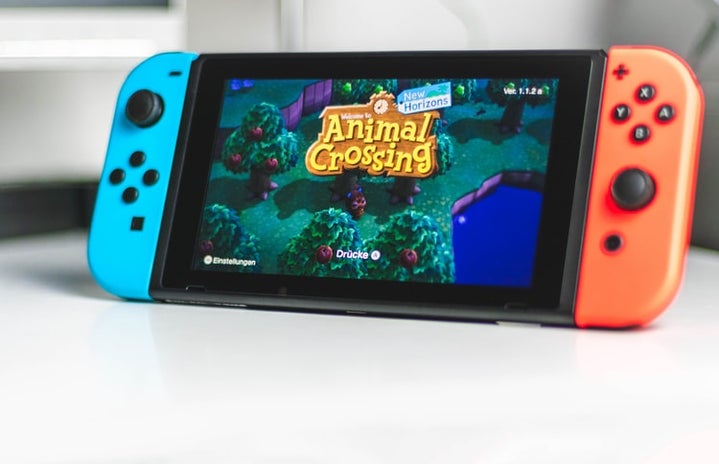As the new year has begun in another lockdown reminiscent of 2020, it is inevitable for old quarantine habits and activities to resurface in our lives. Whether you are repurchasing sourdough starter or dusting off your Peloton bike, we are bound to make do with what is in the confines of our home as cafes and gyms remain closed. I, especially, am revisiting early COVID trends with my Animal Crossing addiction yet again. It is arguably redundant to try and explain the game when it is one of Nintendo’s most profitable pursuits yet whenever my parents ask what it is I exactly do, I cannot. Or more importantly, I can explain what I do – fish; talk to animals with smug and peppy catchphrases; build furniture; catch bugs – but not what it is that I exactly love about the infatuating game. For context, I was not introduced to Animal Crossing in 2020 with the New Horizons incarnation of the game but my childhood self played earlier versions of it on the DS and Wii. So, perhaps why I enjoy the game is filtered through a whimsical and nostalgic bias, but I would also maybe posit that part of Animal Crossing’s charm in today’s current age is very much to do with the circumstances of the pandemic.
Although I do not play other video games, I believe I can accurately reason that Animal Crossing is a whole lot calmer than other ones. Animal Crossing does not induce its player to start wars, fight enemies or cause any violence. There are no villains to beat (unless you subscribe to the belief that Tom Nook, the raccoon that helps you set up your island, is a capitalist overlord and no levels to even amass to. This may be especially resonating for those who spend most of their pandemic-induced free time scrolling the news, which is flooded with endless headlines about the climate crisis and political controversies which further contribute to the skyrocket in anxiety that has plagued the pandemic era.
The only truly demanding element of Animal Crossing is its beginning stages where you have to collect material to help build the infrastructure of your island. Once that is finished, however, you have complete freedom in the game to pick fruit off of trees all day or plant flowers. There are optional side tasks that require work on the player’s end, such as paying off any potential loans (with no deadlines) for rooms in your house or doing your best to increase the ranking of your island to five stars, but nothing is fundamentally critical. I believe this sense of ease and liberation became especially comforting for players in light of the pandemic: when the government is telling you to stray away from hugging your friends, it is pleasing to experience an alternative universe where you do not even have to pay off your debts. While I do not promote becoming utterly distracted from current events and ignorant of reality’s problems, I can gage that most of us fall into the category of becoming hyper-aware and subsequently stressed about the world which, ironically yet unsurprisingly, does not produce any positive outcomes. Animal Crossing forces its players to localize their existence to the undisrupted moment, while our external world encourages us to think of anything but the fact that our worries may be temporarily quelled by tending to a garden.’
With Animal Crossing adding new downloadable content to the game with Happy Home Paradise, a sub-game where players can build and design vacation homes for characters, I imagine many players who ditched the game in 2020 will pick up their Nintendo Switches and enjoy the game once again. As an embarrassingly avid player, however, since the new Animal Crossing was released at the beginning of the pandemic and its craze was everywhere in the media, I have not stopped thinking critically about why a game with animals that speak in gibberish has hit home for children and adults alike. I think the answer lies somewhere in between the game being both symbolic of the life of ease that is next-to-impossible in our current state of the world, but also a sign of how it is both easy and satisfying to enrich our personal lives with simple acts, such as spending time outside or reinvigorating our space, to provide relief in otherwise stressful circumstances.


